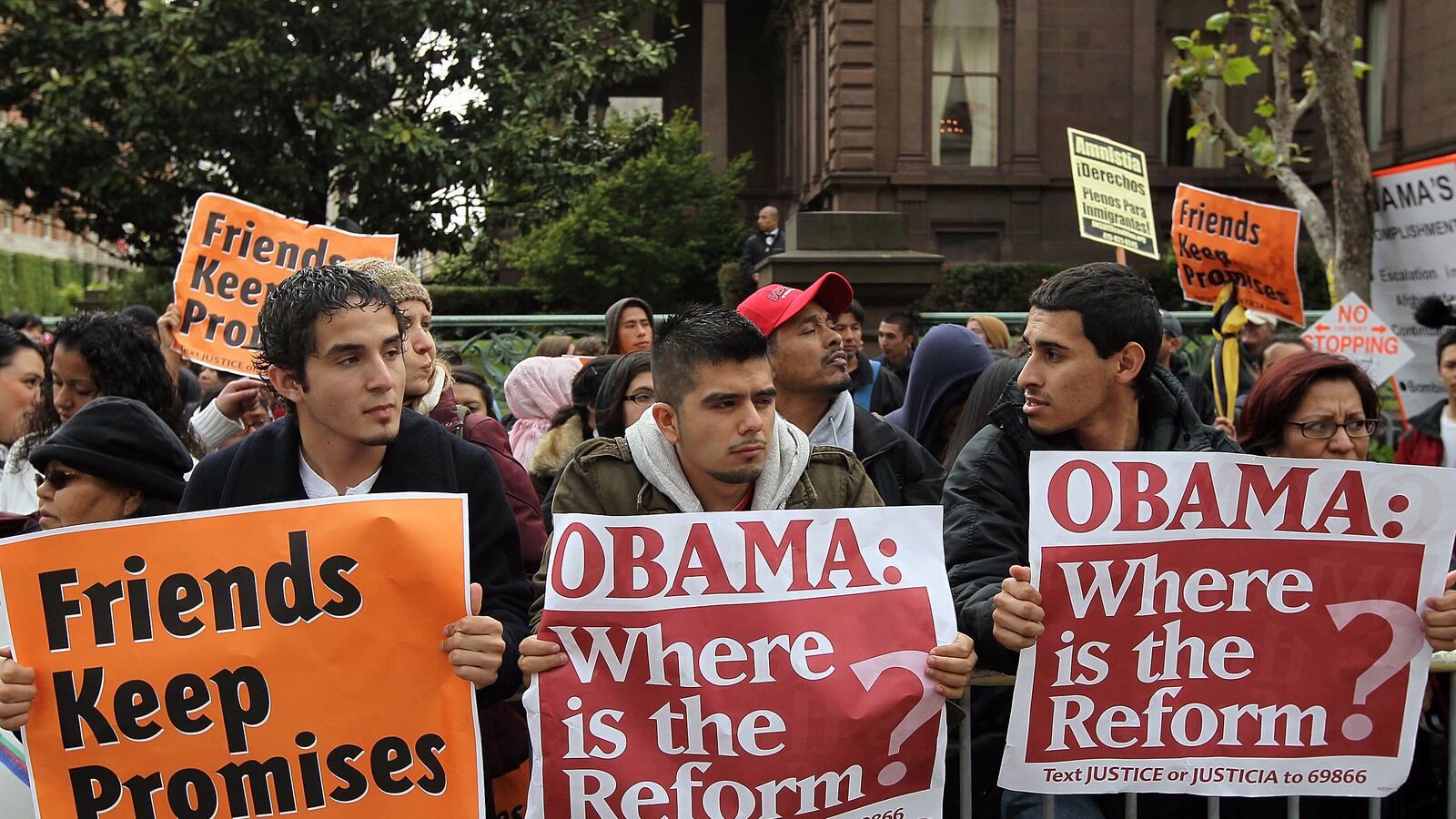The New York Times this morning investigates fraud in pay-outs to farmers who claimed racial discrimination. There's a lot to say about this story. More comment will follow here shortly, but here's a first thought to start the day:
Pay special attention to the way the program handled issues of cut-off dates:
Some 66,000 claims poured in after the 1999 deadline. Noting that the government had given “extensive” notice, Judge Friedman ruled the door closed to late filers. “That is simply how class actions work,” he wrote.
But it was not how politics worked. The next nine years brought a concerted effort to allow the late filers to seek awards.
Now notice the total break-down of internal review of the accuracy of filings.
[T]he Agriculture Department abandoned the costly and burdensome review process it had applied to earlier claims. As a result, according to internal government memos, the percentage of successful claims is expected to exceed that in the original 1999 settlement. More than 40,000 claims have been filed and are under review.
In November, the G.A.O. concluded that antifraud provisions provided “reasonable assurance” of weeding out false claims, saying more than 3,100 suspicious applications had been identified. But as before, it noted, late filers need not document claims, leaving adjudicators to rely on assertions that they have “no way of independently verifying.”
Now consider: the US government is proposing a "path to citizenship" for illegal aliens that would require people to prove that they had arrived in this country before the end of 2011, but not in the however-many months afterward. The Times article gives a sense of the political impediments to honest and efficient management of a settlement intended for single thousands of people. Just imagine the corruption and chaos of a settlement for more than 10 million people who, by definition, are "undocumented."






